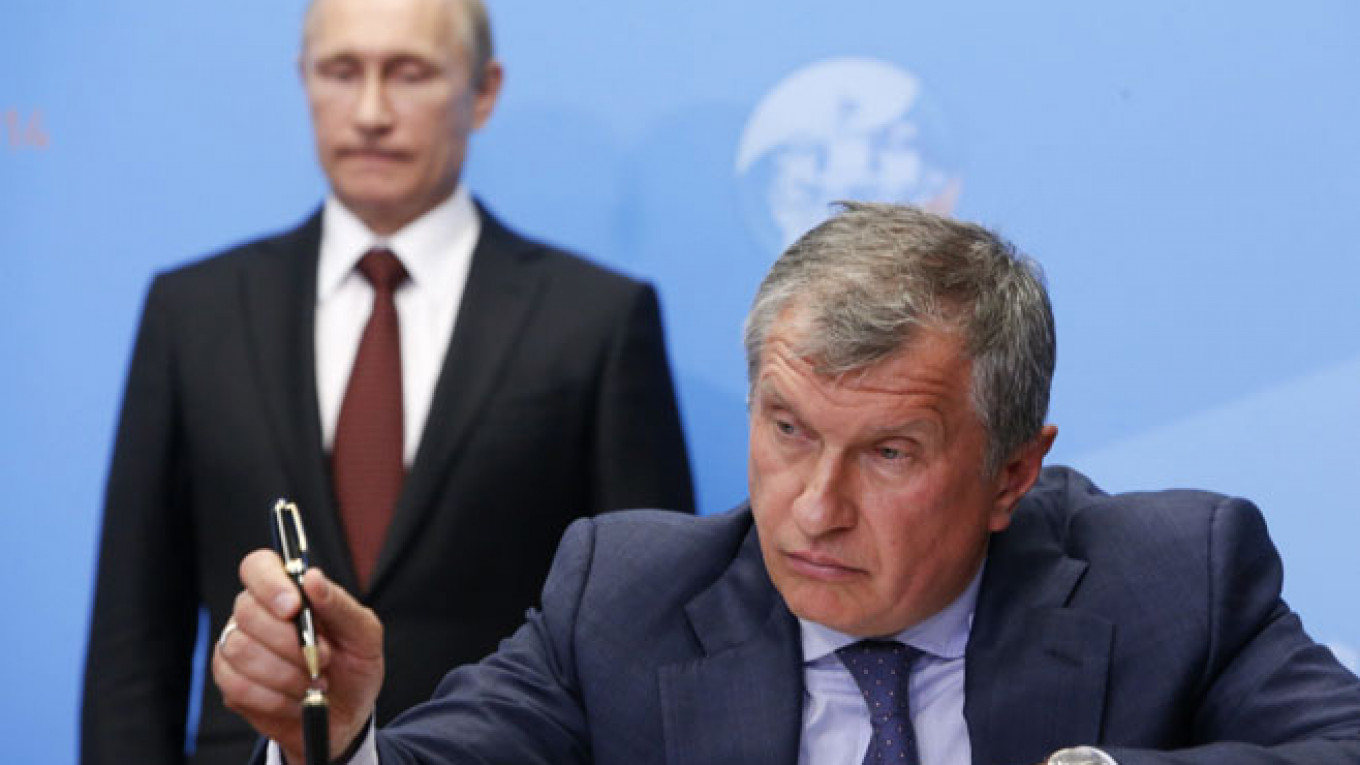Speaking at the 2014 St. Petersburg Economic Forum, President Vladimir Putin said, "Our goal is to ensure that annual growth of non-oil and gas exports exceeds 6 percent. To get there, we will introduce new tools for supporting Russia's nonenergy companies on global markets."
Now consider this from a different speech: "The first of these foreign economic relations issues is the need to increase efficiency and improve the structure and balance of foreign trade. We must achieve a significant increase in manufacturing industry exports. For this we need to expand the production of goods that are in demand in foreign markets and enhance their competitiveness." Those are the words of former Soviet leader Leonid Brezhnev speaking before the 25th Convention of the Communist Party in 1976.
The parallels between the two leaders' thoughts and attitudes are clear. In place of a serious plan, both offer more of an incantation summoning up the spirits of increased exports.
At the same time, Brezhnev was more cautious: whereas he accompanies most phrases such as "seriously increase," "expand" and "raise" with specific percentages, he gave no concrete figures for the needed increase in foreign trade.
However, Putin decisively sets that figure at no less than 6 percent. Of course, if the authorities measure the anticipated growth in rubles, inflation alone will account for at least a 6 percent increase. In fact, Brezhnev can be forgiven for his speech because, unlike Putin, the Soviet leader did not have a multifaceted economy at his command.
It is a banal and hackneyed idea, but one that remains true: the state cannot change the structure of foreign trade by decree or by providing government support to specific sectors. Only competitiveness can effect such a change — not decrees. And even if government support does provide a boost, the same old question remains as to who will receive it and according to which criteria.
Unfortunately, the real thrust of Russia's course was clearly evident from the content of the St. Petersburg Economic Forum where euphoria over oil and gas and closer cooperation with China reigned. Of course, the extraction of gas, copper and other raw materials is a very high-tech process, but in the end Russia does not export anything high-tech to China — it is only selling gas, copper and other raw materials.
And those exports alone will definitely fall short of the 6 percent increase that Putin demands.
Kirill Kharatyan is the deputy chief editor of Vedomosti. This comment appeared in Vedomosti.
A Message from The Moscow Times:
Dear readers,
We are facing unprecedented challenges. Russia's Prosecutor General's Office has designated The Moscow Times as an "undesirable" organization, criminalizing our work and putting our staff at risk of prosecution. This follows our earlier unjust labeling as a "foreign agent."
These actions are direct attempts to silence independent journalism in Russia. The authorities claim our work "discredits the decisions of the Russian leadership." We see things differently: we strive to provide accurate, unbiased reporting on Russia.
We, the journalists of The Moscow Times, refuse to be silenced. But to continue our work, we need your help.
Your support, no matter how small, makes a world of difference. If you can, please support us monthly starting from just $2. It's quick to set up, and every contribution makes a significant impact.
By supporting The Moscow Times, you're defending open, independent journalism in the face of repression. Thank you for standing with us.
Remind me later.








